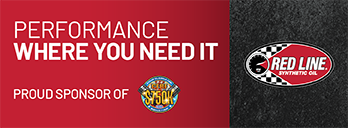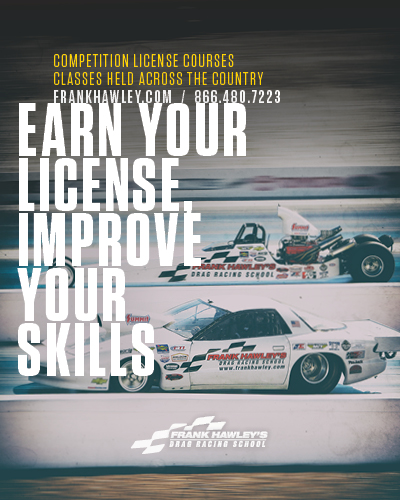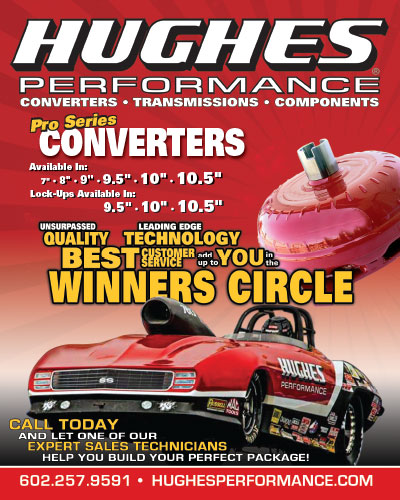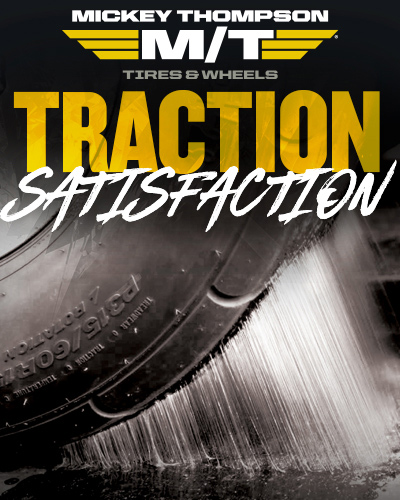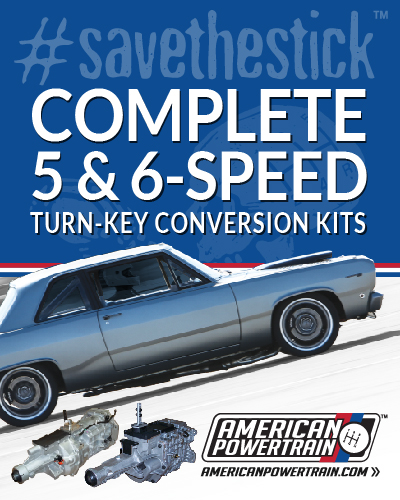DRAGS, DOLLARS & SENSE: A WAIT AND SEE SEASON
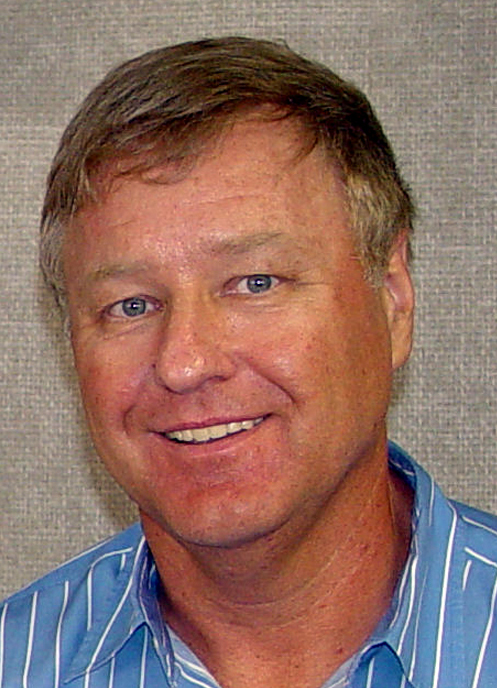
Too soon to tell, but this much I can say for sure, unlike most of those campaign promises you’re hearing these days:
History teaches us that presidential election years are years of uncertainty and inaction in America. There will be less happening in Congress than on a rain-soaked drag strip, lest one political party gives the other an issue advantage. Al-Anabi Racing made more consequential decisions in December than our elected representatives will in 12 months.
The national motto right now seems to be: Go Slow.
It may well be that way for many of us -- you and I -- as individual consumers. Ditto with Big Business. Despite what could be interpreted as some up-arrow economic data as 2011 ended, we’ll likely be extremely cautious in making major purchasing and financial decisions. We’re not sure who will be the USA’s CEO and how that will affect us as the CEO of our own households.

Too soon to tell, but this much I can say for sure, unlike most of those campaign promises you’re hearing these days:
History teaches us that presidential election years are years of uncertainty and inaction in America. There will be less happening in Congress than on a rain-soaked drag strip, lest one political party gives the other an issue advantage. Al-Anabi Racing made more consequential decisions in December than our elected representatives will in 12 months.
The national motto right now seems to be: Go Slow.
It may well be that way for many of us -- you and I -- as individual consumers. Ditto with Big Business. Despite what could be interpreted as some up-arrow economic data as 2011 ended, we’ll likely be extremely cautious in making major purchasing and financial decisions. We’re not sure who will be the USA’s CEO and how that will affect us as the CEO of our own households.
That inclination to not spend affects drag racing ticket sales and sponsorships. There’s no question emptying the wallet of a few hundred dollars to take the family to see a National event is a choice a high percentage of NHRA fans can’t take casually. Ditto when it comes to multi-million dollar corporate advertising and marketing programs via race teams.
“It’s the same thing we’ve faced the last two or three years as the economy started down,” Hall of Fame driver/owner/businessman Kenny Bernstein told me just before he retired. “How to get people in the stands? And how do we keep the sponsors we have and how do we grow that sponsor list?
“The environment doesn’t really allow you to do it. You can discount tickets. You can promote. You can merchandise and market all you want. You’ll gain some momentum from it with some people. But we cannot change the economy to where, all of a sudden, they have excess money to do other things other than what they need day-to-day.
“In my opinion, 2012 is going to be a limbo year. You have to hold on to everything you’ve got -- try not to lose anything -- and if you gain anything you’ve hit a home run.”
The NHRA business community must steer around this historical trend in 2012. There is no time to wait in advancing the sport’s commercial and political imperatives. Or, at least, protecting its turf.
Here’s a modest idea, which I concede is an obvious and common sense one.
Drag racers need to shake-off that self-limiting “the world is a quarter-mile long” mindset. How about learning from what non-NHRAers are saying and doing that’s working?
Who better to give a listen to than Roger Penske?
American racing’s most successful team owner -- including a record 15 Indianapolis 500 victories -- is also a self-made executive suite superstar. As founder and chairman of Penske Corp., he oversees a business empire that includes auto dealerships, truck leasing and transportation logistics. Revenues are in excess of $16 billion with more than 36,000 employees worldwide, according to the 2011 IndyCar media guide.
Not long ago, I sat with Penske in the private meeting area at the back of his trackside motorhome. Our conversation began with the national economy. Penske echoed Bernstein’s concerns about buying and selling in 2012.
“Everybody’s waiting,” he said. “Nobody wants to make a decision. Nobody wants to get out on the edge, on the limb, because if they’re wrong they get wacked and they’re out of business. To me, it’s going to be a wait-and-see (year).”
Penske closely follows the monthly consumer confidence index, a measure of how people are feeling about their own financial future. The steep decline in home values, for example, not only reduces net worth on paper. Psychologically, it makes people feel less well off, and therefore less likely to spend. When we talked, that number was depressing, although the late December survey was the most encouraging since April.
“Consumer confidence is what I’m concerned about,” Penske said. “In business, extra spending is based on consumer confidence. That’s what we’ve got to turn around in this country right now.”
Still, Penske sees some positives.
“In our automotive business, on the retail side, we’re probably looking at an increase of about 10 percent. We’ve got an aged vehicle population. There have been more cars scrapped over the last 3-4 years than were purchased. We’ve got 245 million cars (passenger vehicles in the U.S.) and that’s down from about 250 (million).
“On the truck (leasing) side, we see more ton miles, our truck utilization is up. So, something’s happening in industrial America. But the umbrella of financial instability we see on a worldwide basis (Greece, Italy, Spain, Portugal) is what drives the stock market up and down every day.”
For his NASCAR and IndyCar series race teams, Penske has been successful in mining business-to-business sponsors. One example is Alliance Truck Parts, a division of Freightliner.
“We do business with these companies and can leverage our relationships over a longer period of time,” explained Penske, who hosted over 100 corporate representatives at a sponsor summit in Phoenix in November. They saw Sam Hornish Jr. drive the Alliance Dodge to victory in the NASCAR Nationwide series race that weekend.
So here’s the bottom line message for those in the straight-line industry:
One of the country’s best businessmen sees growth opportunities in the retail automotive sector -- attention Funny Car and Pro Stock competitors. And he’s cultivating business-to-business relationships for racing sponsorships, even on a single-event, market-specific, basis.
Penske ended by reminding me that football’s Xs and Os fundamentals apply to any business -- including a track operator trying to sell tickets or a team owner trying to sell a sponsorship.
“We’ve got to do our blocking and tackling.”
And that might be the most basic -- and useful -- action plan of them all. In fact, the candidate whose campaign does that will probably be the next President of the United States.

